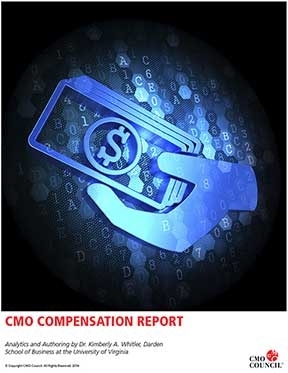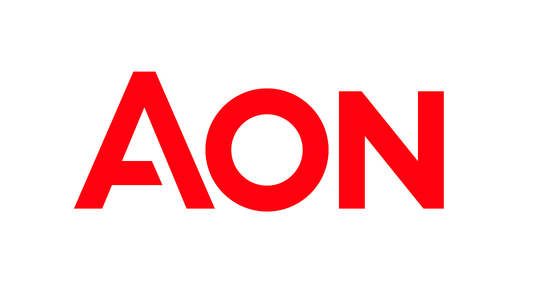CMO Compensation
The Chief Marketing Officer (CMO) Council’s new “CMO Compensation Report” tells all you need to know about chief marketer compensation, with 36 pages of analytics and insights drawn from a survey of 345 chief marketers around the world. It is the first and most defining analysis of senior marketer salary, benefits, bonuses, incentives and perks published to date. The report is a valuable benchmarking tool for CEOs, executive recruiters, chief HR officers, board members, academics and senior marketers to better understand CMO compensation from a variety of dimensions (e.g., g More








